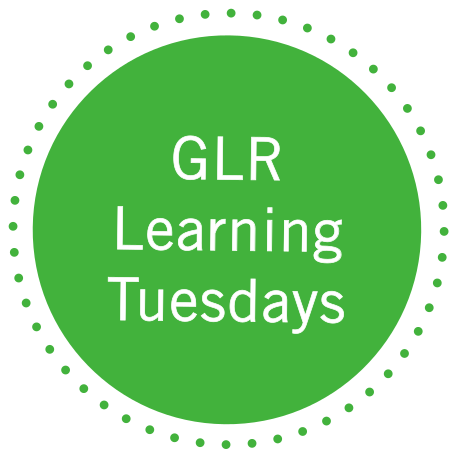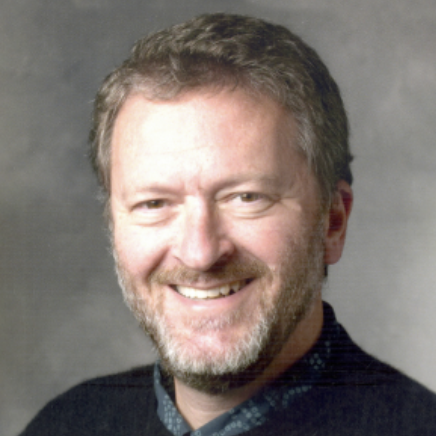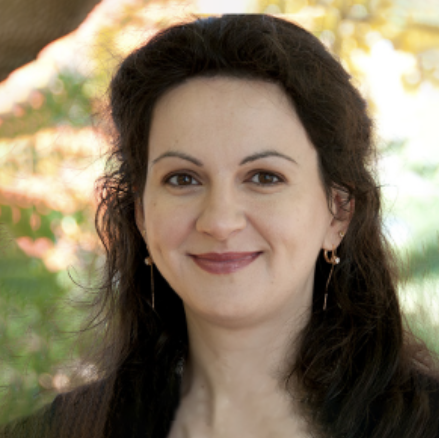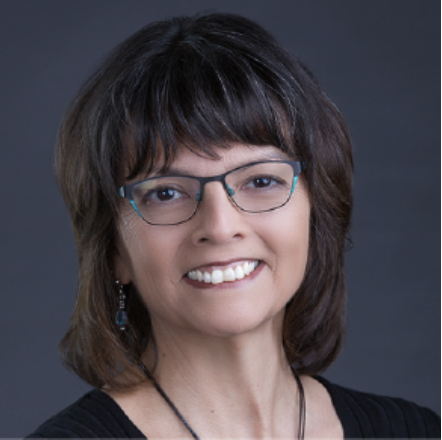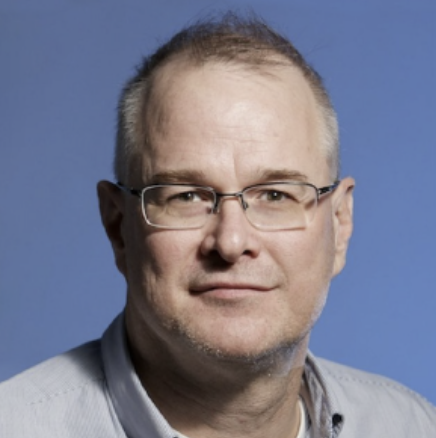
03:00 - 04:30 pm
Following the Science: Bilingualism as an Asset Supporting Early Brain Development

“I think an important way to support educators and bilingual programs and all these issues we discussed today is to continue to make sure that we keep them visible in public conversation, that they are not relegated to this fringe, side movement. And one way to do this is to really share your experiences, share your needs, share your personal experiences as a bilingual, as a bilingual educator, because some are not aware of all the issues that this community is facing and the importance of mainstreaming bilingualism in ways that are beneficial.” – Viorica Marian, Northwestern University
Leigh Giangreco, contributing journalist at Early Learning Nation Magazine, moderated a dynamic conversation on bilingualism, the brain, English learners, the science of reading and teaching literacy.
Bob Stechuk began the session by sharing what he described as “toxic” and “scenic” views of the state of bilingualism in the United States today, as well as the work that UnidosUS and AVANCE have done to identify and address issues facing Latino families. Viorica Marian followed with a global overview of multilingualism, brain development and the self. Next, Martha Martinez talked about Sobrato Early Academic Language’s work in supporting emergent bilinguals and the science of reading. Finally, Claude Goldenberg gave a historic look at bilingual programs in the United States and discussed approaches to teaching literacy to English learners.
“The message that we’re pushing forward from us is that children are capable of dual language development. The home language is a resource. The old narrative that two languages are too many needs to be called out and done away with. Early bilingual development is super important, and it’s much more than learning two languages. It’s about identity and identity formation, it’s about families and connections between family members and generations. It’s about culture, and it’s about learning, and it’s also about whether children and families feel a sense of belonging.” – Bob Stechuk, UnidosUS


 All Events
All Events